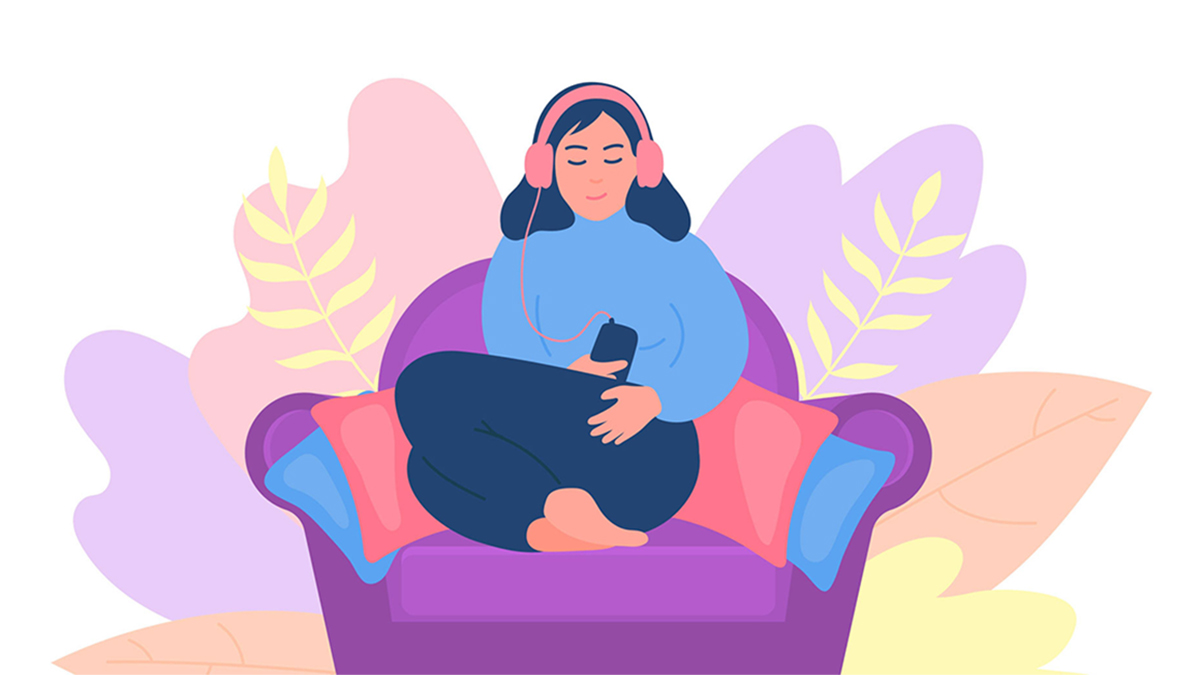How Does Work Affect Women’s Mental Health?

Even in modern times, one of the saddest truths of our society is that working women must confront questions; “You are not the breadwinner of the family, so why bother unnecessarily?” or “If you go out to work, who will take care of the domestic chores?” This too affects their mental health a lot.
Data collected by different mental health foundations reveal that women working full-time are almost twice as likely to have mental health issues as men working full-time. Working conditions and the environment have a significant impact on mental health. And likewise, an individual’s mental well-being can affect their performance at work.

Women not only have to prove their worth in their professional lives continually but also are expected to give equal attention to their personal and social lives. Unfortunately, the productivity of working women often suffers due to their anxiety about getting their housework done.
Many women turn down promotions, avoid business trips and shirk longer work hours, even if these factors are instrumental to their career growth. They are always so entangled between the two worlds that to be able to afford even an hour in between to pursue some hobby seems to be a far-fetched idea. Let’s delve a little deeper into some of the roadblocks that lead to mental health concerns in working women.
SEE ALSO: Digital Overstimulation: How Can You Treat It?
Maintaining a Balance Between Work and Personal Life
Working women have to constantly juggle between professional commitments and household engagements. Apart from this oscillation, there are social expectations to meet up to, coupled with the perennial anxiety of keeping up with the demands of both spheres.
The worst part is that a woman is always painfully aware of the fact that the slightest error will cost her much more than her male counterpart. These pressures collectively build up over time, increasing her overall workload as well as an emotional burden.
Furthermore, a woman is supposed to continue carrying out her “natural” roles as a wife and mother. No wonder with all these factors combined, she is always under scrutiny when she chooses to go out for work. Her responsibilities as a caretaker, along with her career goals, frequently lead to not just emotional but also physical issues.

Trying To Be Highly Productive Both at Home and in the Office
In today’s terms, productivity refers to the integration of roles and responsibilities in the different stages of one’s life. Once a woman steps out of the home to work, in all likelihood, her workplace will not view her domestic responsibilities, be it daily chores or rearing children, as “professional”.
Consequently, they are often reluctant or unable to offer the flexibility that women need. This, over time, harms a woman’s mental health. It is always like a double-edged sword for women; they sacrifice their social lives or family time in order to be efficient and effective at work, and vice versa.

Choosing Career Over Family Can Affect Mental Health
India has undeniably evolved in terms of its acceptance of working women. However, if a working woman prioritizes her career over having kids or raising a family, she will be thrown brickbats for it. Even though things have significantly improved, we are yet to uproot patriarchy. This means men are still considered to be the sole “breadwinner of the family”. No wonder why women have a higher attrition rate at work.

SEE ALSO: A List Of Workplace Challenges for Women
Finding Some ‘Me-Time’ Can Improvise Mental Health
Women have to continue working even after their regular work hours, so their platter is always too full. This makes it challenging for them to spare some time for self-care.
Engulfed by commitments towards family, career, social life, and so many other things, women can hardly afford to follow proper sleep routines and food habits, let alone their hobbies or pursuits. Irregular sleeping patterns interfere with dopamine levels. This leads to an imbalance, which in turn, increases the risks of schizophrenia and bipolar disorders.
It is high time society does its bit to help women find some time to establish a nurturing relationship with themselves. In their attempt to put everything and everyone ahead of them, they keep ignoring their own needs, while the truth remains that empowerment is also about listening to one’s own body and mind.

Amidst the fast-paced and high-strung dynamics of daily life, women should prioritize their mental and physical health instead of relegating their needs to the backseat. They should understand that it is okay to take a day off and do what they like. Otherwise, the constant compromises will wreak havoc on their mental health.








3 comments